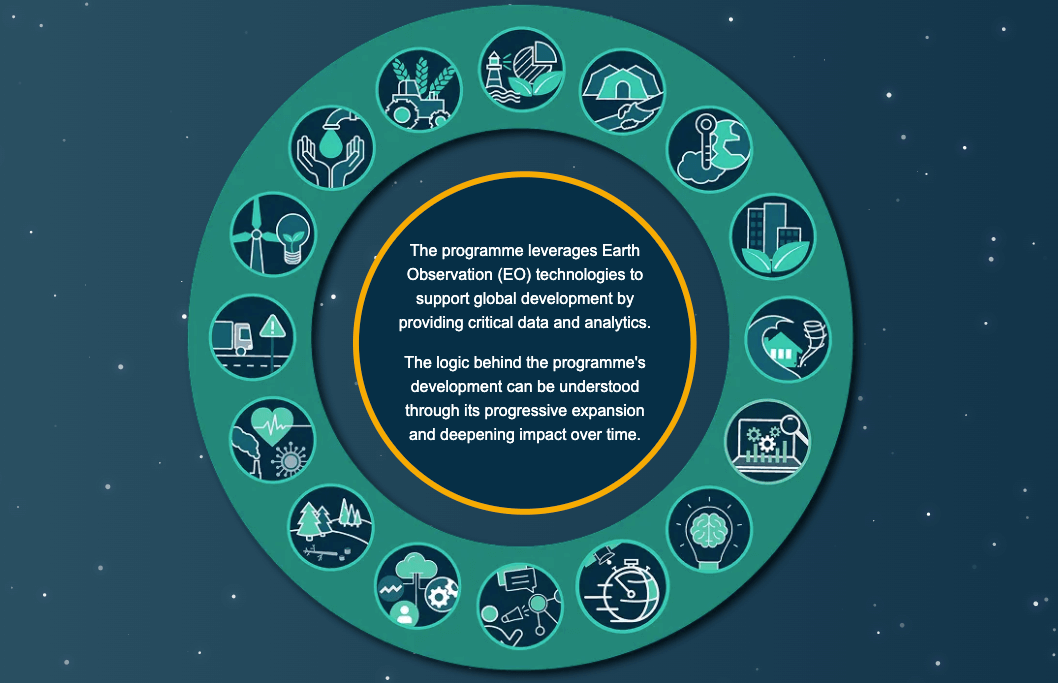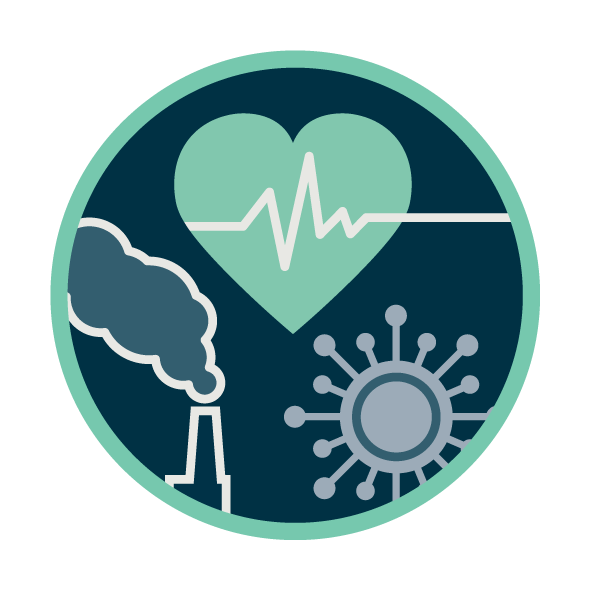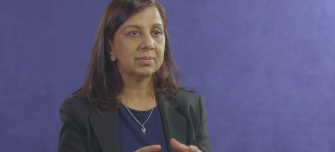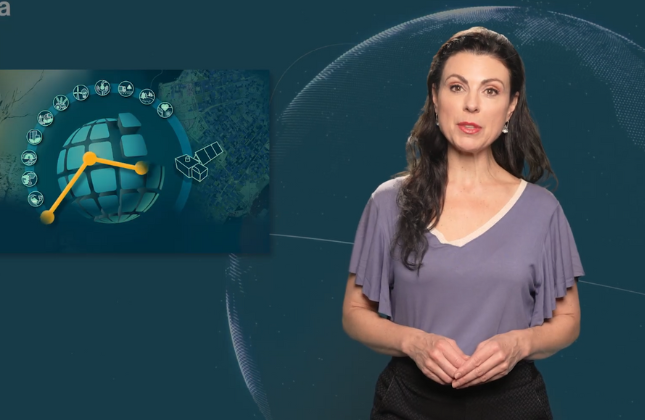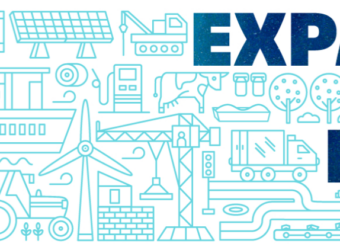The 4th GIZ Network Meeting on Remote Sensing and Geographical Information convened virtually on March 13, 2024, from 09:00 to 13:00 CET, drawing the participation of approximately 450 attendees.
Hosted by the Deutsche Gesellschaft für Internationale Zusammenarbeit (GIZ)’s internal Network on Remote Sensing and Geographic Information Systems (GIS), this annual gathering serves as a platform for GIZ to discuss and advance remote sensing and GIS-related initiatives. GIZ serves as the development cooperation organisation that operates internationally on behalf of various ministries of the Federal Republic of Germany. This year’s event aimed at fostering collaboration among GIZ projects and partners leveraging geospatial data and remote sensing across various sectors and was themed “Advancing Development Cooperation through Remote Sensing and Geoinformation..”
The virtual meeting commenced with a warm welcome from Jochen Renger, Head of GIZ’s Division on Climate Change, Rural Development, and Infrastructure, setting the stage for a series of insightful sessions led by industry experts. Highlights of the event included:
- Carbon Monitoring and Deforestation: Rémi d’Annuzio from the Food and Agriculture Organization (FAO) showcased the utility of GIS in monitoring carbon emissions and deforestation, underscoring the significance of satellite technology for carbon estimation and deforestation-free supply chains.
- High-Resolution Satellite Imagery: Joost Beckers and Miguel Castro from Planet emphasized the critical role of high-resolution satellite imagery in earth observation and measurement.
- Environmental Monitoring and Conservation: Fred Stolle of the World Resources Institute (WRI) discussed environmental monitoring and conservation efforts, with a focus on initiatives such as the Global Forest Watch.
- ESA’s Global Development Assistance (GDA) Programme: Christoph Aubrecht, Programme Coordinator of ESA’s GDA, shed light on the programme and emphasising GDA’s pivotal role in global development endeavours and the Copernicus programme. Positioned at the intersection of EO, governance, and worldwide development efforts, GDA integrates expertise in space technology into the global sustainable development discourse and institutional frameworks to mainstream EO technology uptake. By advocating for agile development processes and continuous feedback mechanisms, GDA supports a dynamic, user-focused approach where space and development assistance sectors intersect to scale-up impact-driven results in developing operations. Notably, the presentation also highlighted GIZ’s existing collaboration with ESA through the GDA-precursor initiative “EO_Clinic”.
Under the link below you can watch the full GDA presentation from the event.
The event also featured a session titled “Application of Remote Sensing and GIS Technologies in Project Implementation Landscape,” wherein various GIZ projects showcased their GIS-based initiatives.
The 4th GIZ Network Meeting on Remote Sensing and Geographical Information concluded with a renewed commitment to leveraging remote sensing and geoinformation for advancing development cooperation and achieving sustainable outcomes worldwide. Specifically, there was a keen interest in expanding the engagements between ESA and GIZ further through programmes such as the GDA, more specifically within GDA’s Fast EO Co-Financing Facility.




